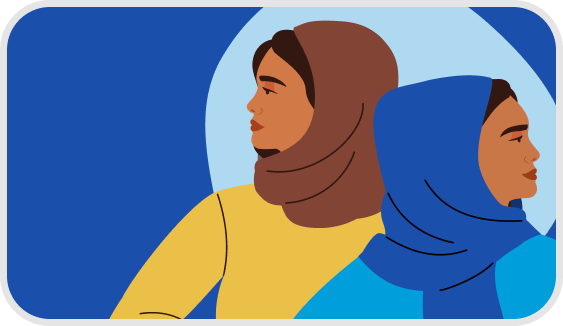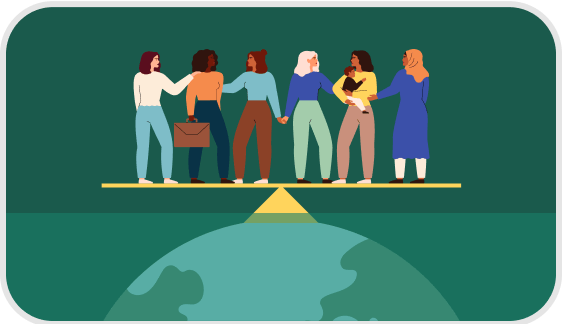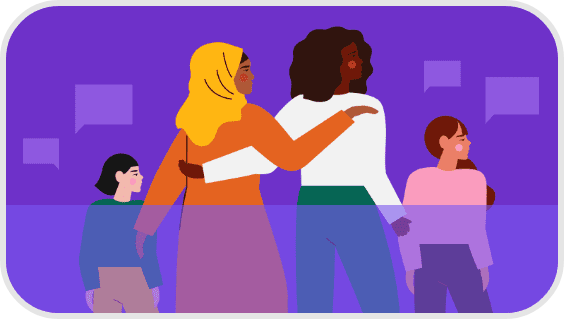Gender equality has not been achieved in any country in the world, and women and girls everywhere are still subject to discrimination.
Scroll down to read more about the challenges women and girls face – as well as what’s possible if all forms of discrimination are eliminated.
About this website
Gender equality has not been achieved in any country in the world, and women and girls everywhere are still subject to discrimination. The Working Group on Discrimination Against Women and Girls is on a mission to change this. Each year the UN WGDAWG investigates the many ways discrimination against women and girls exists in different spheres – from work to public policy to healthcare – as well as raises awareness of these issues with the international community.
Get notified when a new report is launched
(Keep up to date with our work)





